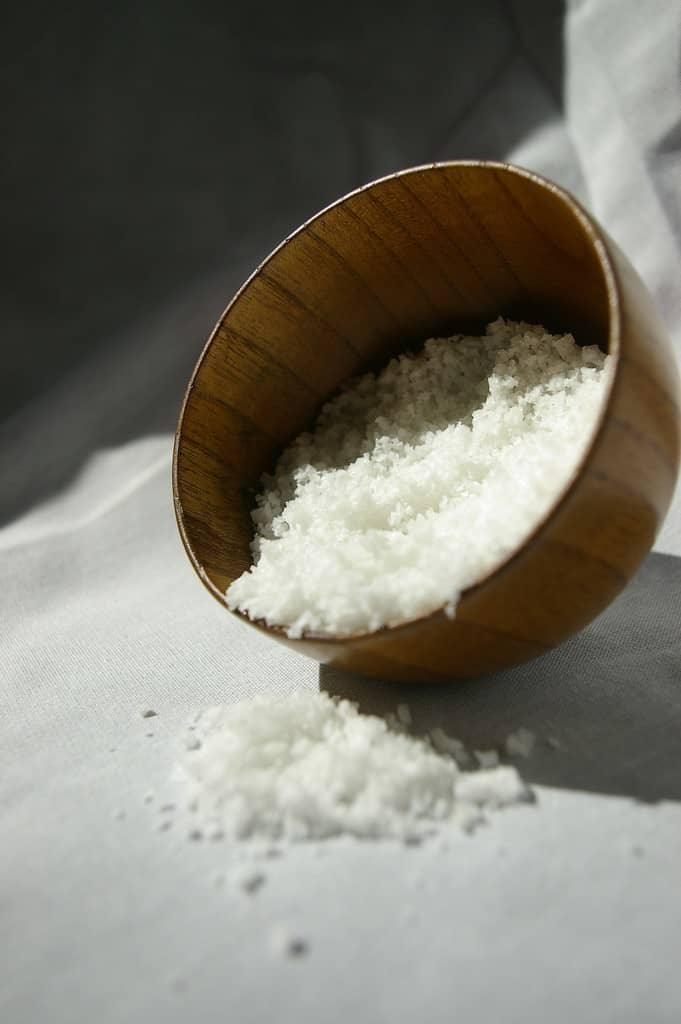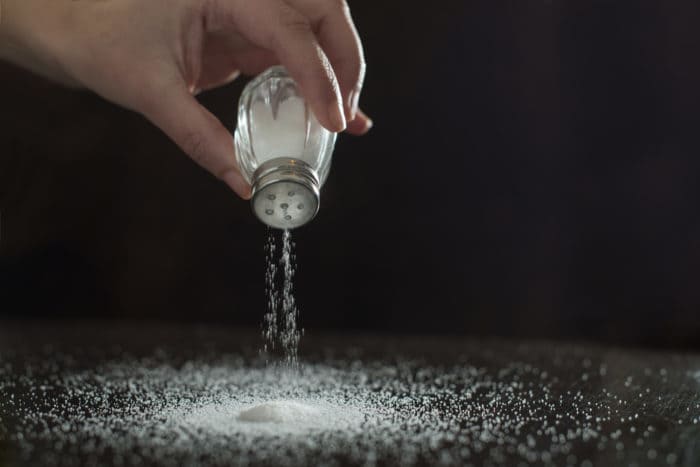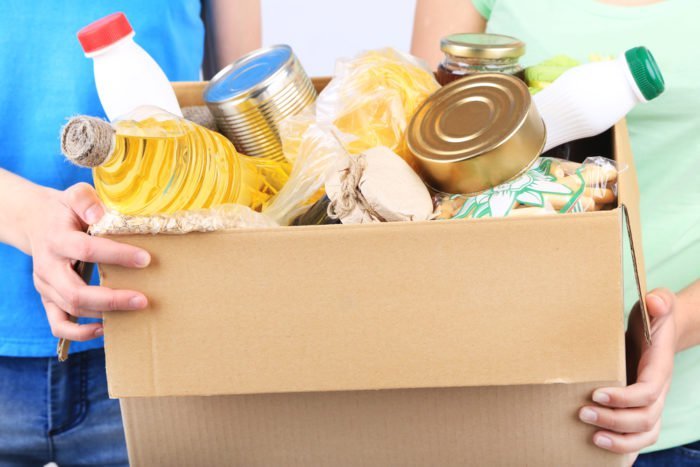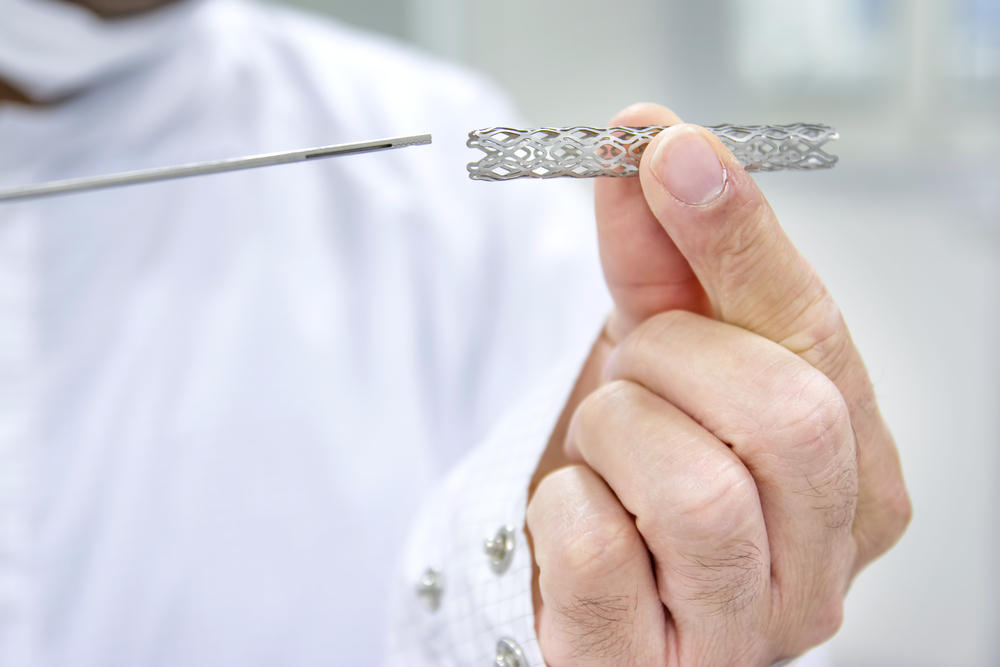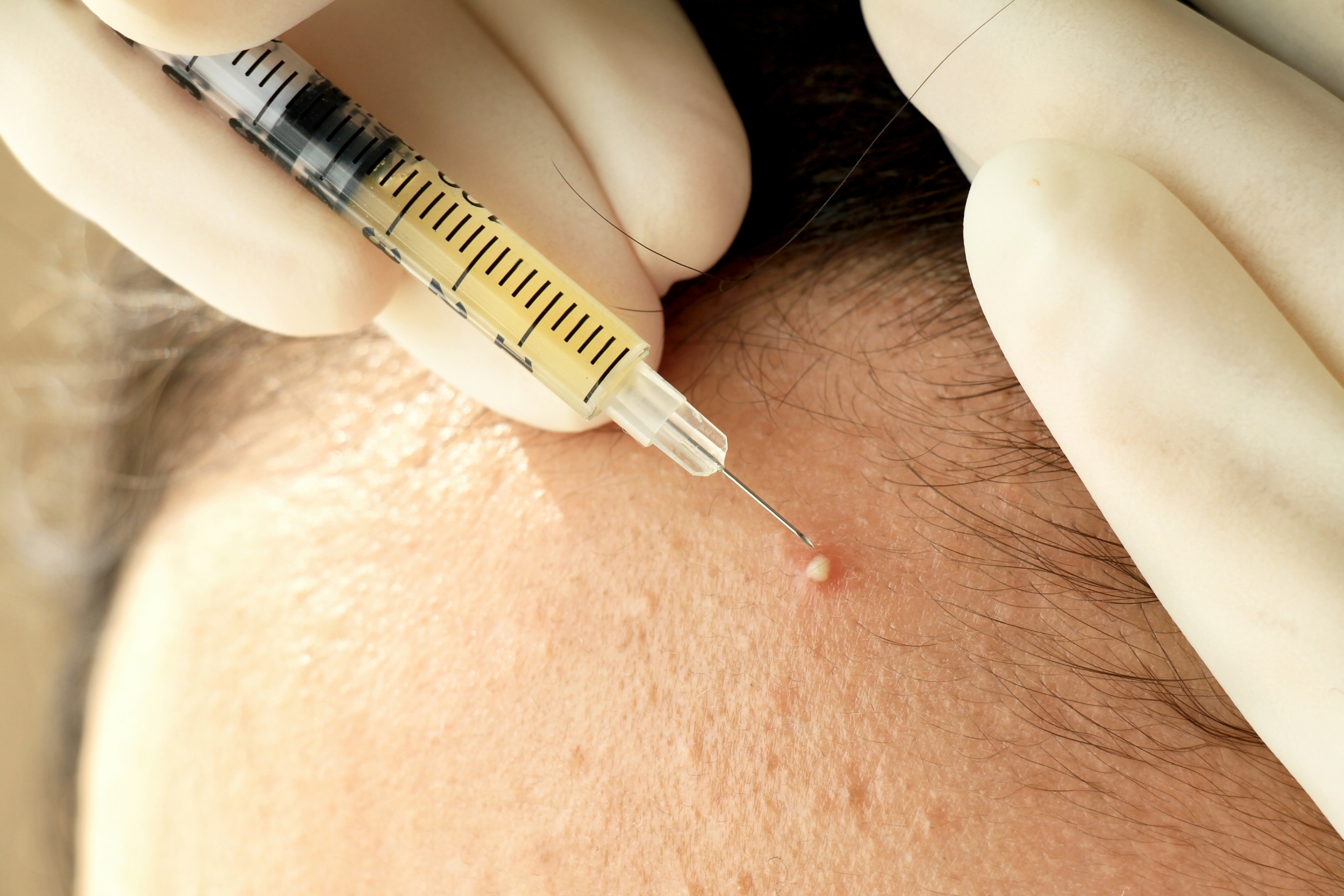Contents:
- Medical Video: The Latest on Salt & High Blood Pressure - Dr. Sam Daya
- How can salt be a cause of high blood pressure?
- What causes high blood pressure just because of salt intake?
- How do you limit salt intake?
- What foods should be avoided?
Medical Video: The Latest on Salt & High Blood Pressure - Dr. Sam Daya
Salt can actually cause high blood pressure. High blood pressure is one of the triggers for heart disease and can cause fluid buildup in the body. Then, is salt really the cause of high blood pressure? What is the connection between high blood pressure and salt?
How can salt be a cause of high blood pressure?
Salt is actually very important for the body. Kidneys that control the amount of salt in the body, by being released through urine. However, when the level of salt intake is very high, gAram will draw lots of liquid into the blood.
Now, because blood vessels are full of fluid, the volume and pressure in the blood vessels increases. This condition causes blood pressure to soar.
For those of you who are sensitive to salt, your blood pressure can easily jump. However, others may not have a problem consuming certain amounts of salt and not experiencing a rise in blood pressure.
About half of the world's population is sensitive to salt. African descent, the elderly, and people with diabetes are more often sensitive to salt. If you have high blood pressure, it's better to reduce your salt intake.
What causes high blood pressure just because of salt intake?
Not. There are many factors that cause high blood pressure. Apart from the amount of sodium present in salt, the balance between the amount of sodium, potassium, and magnesium is also important.
If you have kidney disease, you may need to be careful about how much sodium, potassium, and magnesium you consume every day.
Potassium and magnesium intake may need to be limited, and your doctor may check potassium and magnesium levels to ensure that these two substances remain within the normal range.
How do you limit salt intake?
Actually, the need for sodium for healthy adults is around 2000 milligrams, or the equivalent of one teaspoon of salt per day. However, most people consume about 10 times that amount every day, whether it's from using excessive salt to eat too many packaged foods with high sodium content.
Sconsider the amount of salt recommended for people with high blood pressure are around 1500 milligrams per day. Indeed, food feels unpleasant and tasty if you don't use salt.
However, you can outsmart it by adding a variety of natural kitchen ingredients to the cuisine, instead of using too much salt. Use spices such as garlic, pepper, candlenut and cumin to add flavor to the dish.
Also avoid eating processed foods, and from now on try to cook healthy food for yourself. Keep in mind, processed foods usually use salt as an additive.
Nearly 80 percent of the average daily salt intake comes from processed foods. If we only eat natural foods and limit the use of table salt, we will be able to eliminate excess salt in our diet.
What foods should be avoided?
Salt can be hidden in many processed foods. Try to eat mostly fresh fruits and meat. Avoid ready-made spices, pickles, pickles, ham, bacon, salsa, cheese, cold processed foods, broth, canned food, and any processed foods.
This list is actually even longer. You need to check the sodium content on food labels and think twice about eating foods with more than 100 mg of salt per serving. Some of these foods are fine if eaten every day, but not too much.

